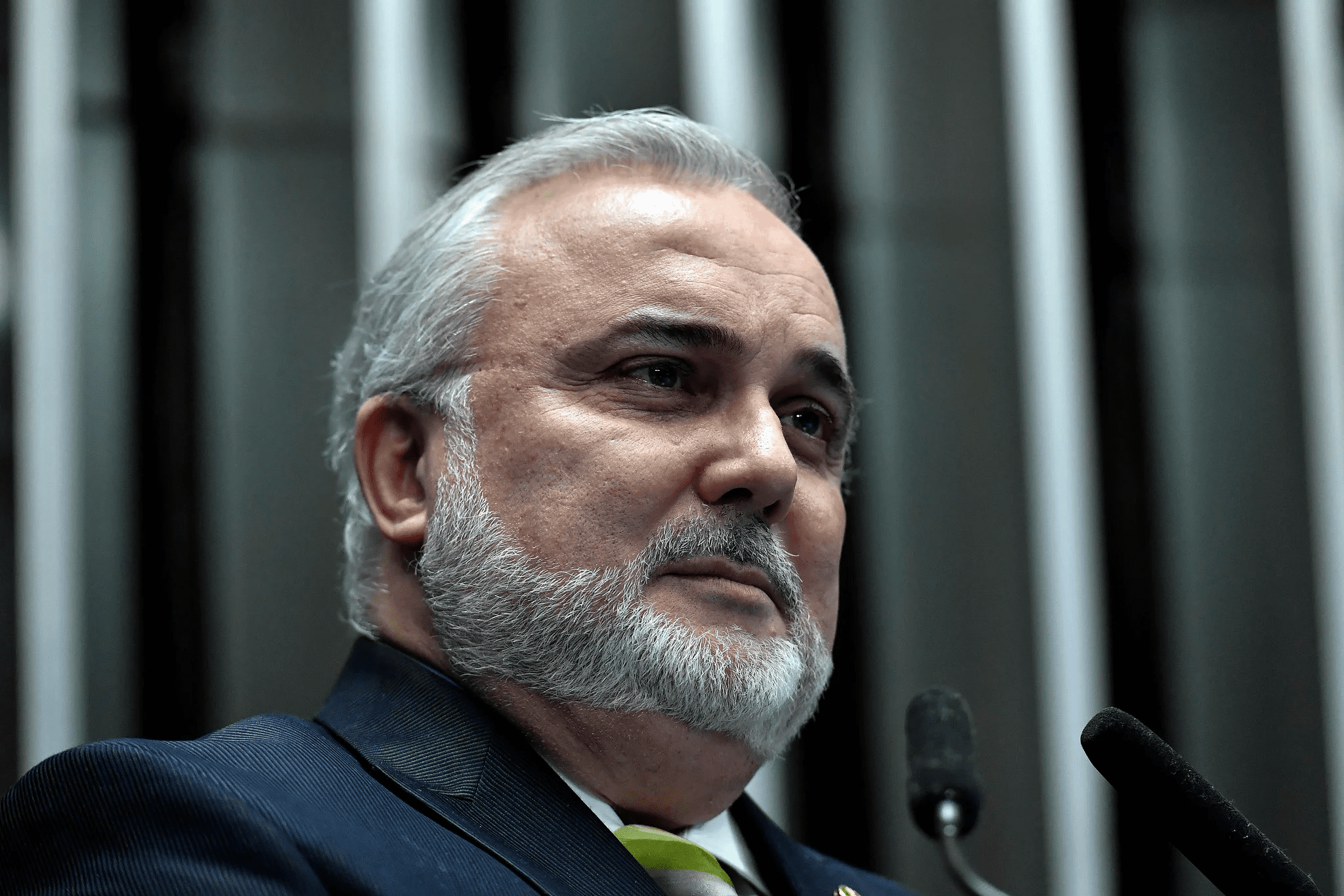In a recent address at the CEO Oil and Gas Governors Meeting in Geneva, head of Petrobras, Jean-Paul Prates emphasized the critical role of the oil and gas industry in global energy transition efforts.
Prates argued that while the importance of oil to the economy is widely recognised among opinion-makers, there is still a need to reinforce this awareness among the general public.
Highlighting the efforts made by the industry to mitigate its environmental impact, especially through decarbonisation activities, Prates called for a shift in the prevailing perception that the oil and gas sector is the primary obstacle to global energy transition.
IEA Advisor says national oil companies must be part of dialogue on energy transition | OilNOW
“We need to understand that the industry is not only part of the problem but also part of the solution. There is no fair energy transition, there is no ecological transition, without the engagement of the oil industry. Our industry possesses state-of-the-art technology, qualified personnel, capillarity with the economies of various countries, and the scale required to promote the necessary transformation,” Prates stated.
Moreover, Prates underlined the importance of considering the potential risks associated with these transformations, such as structural inflation, temporary increases in energy costs, and the exacerbation of social and economic problems, including hunger.
Renewables surge but fossil fuels still dominating global energy industry | OilNOW
Jean-Paul Prates contended that the goals of decarbonisation and energy transition should not be seen as burdens that jeopardise anyone’s survival, particularly vulnerable communities. Instead, they represent an opportunity for major corporations to take a leading role in effecting a critical change to protect our planet. When these corporations are called to action, he added that they must set an example, recognising that the pace of this transition may vary based on local socioeconomic factors.
Petrobras is projected to become the world’s largest oil producer among publicly listed companies by 2030, according to Rystad Energy. In 2019, Rystad said that Brazil’s production could be pushed from an average of 2.8 million barrels per day in 2019 to over 5.5 million barrels per day by 2030, thanks to Petrobras’ potential peak output increase of almost 3.8 million barrels per day.



